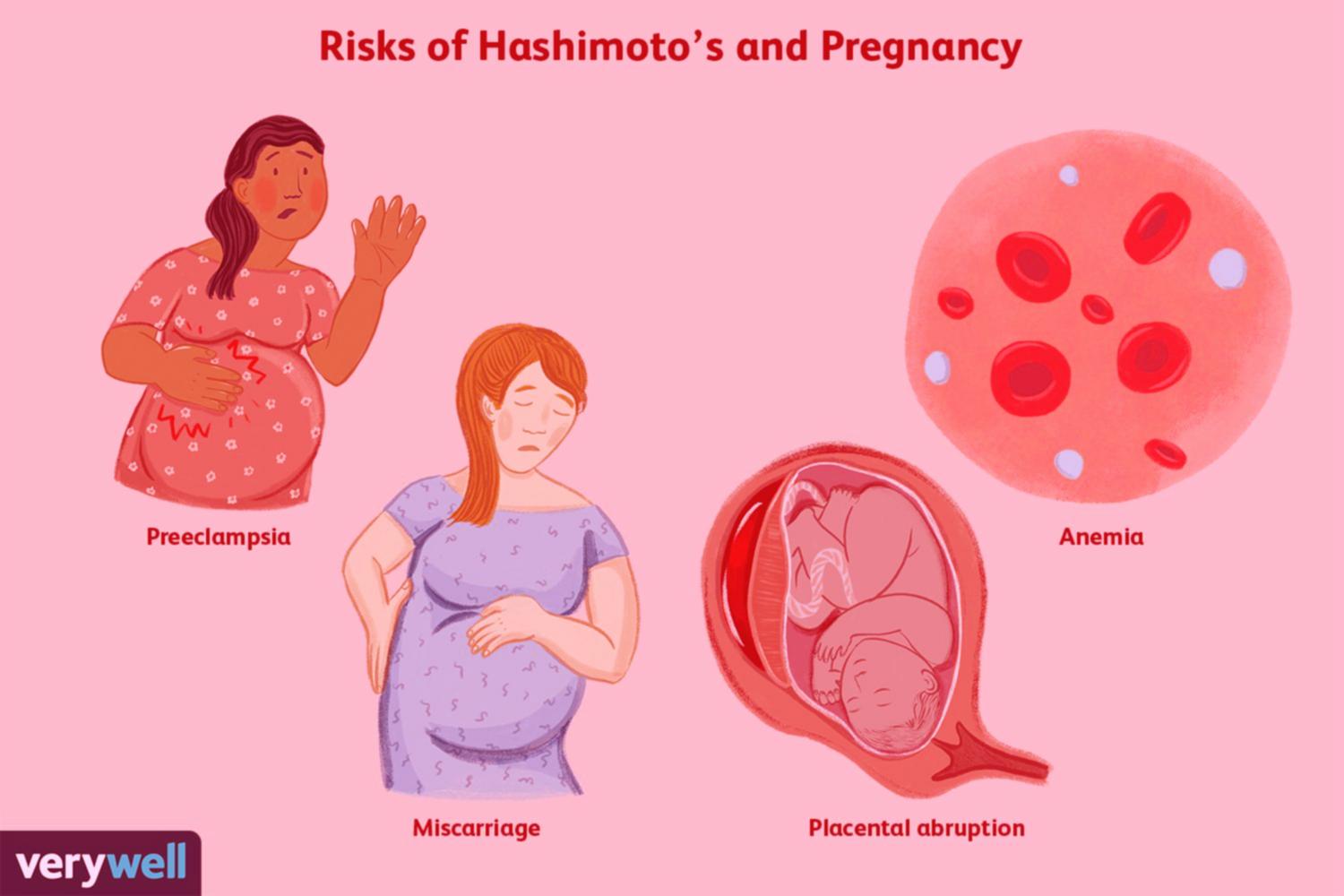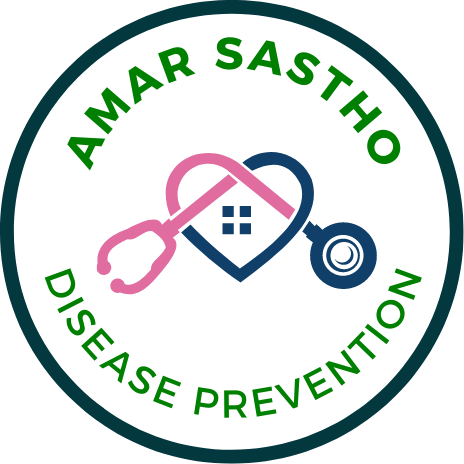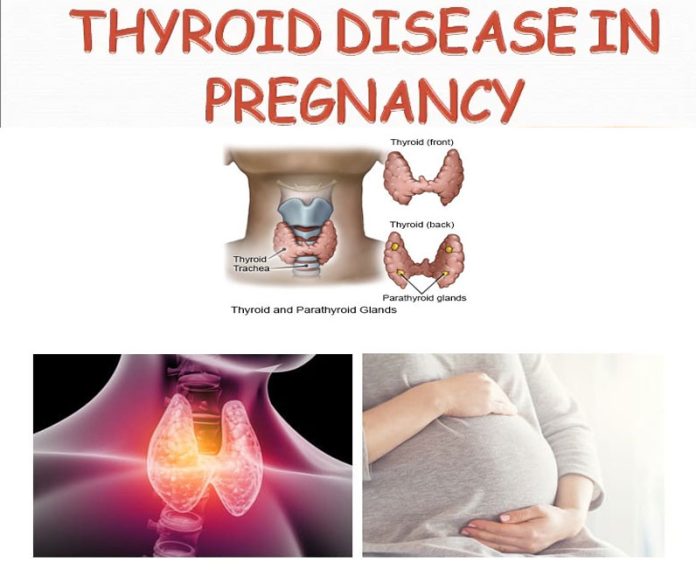Pregnancy is one of the most beautiful and important times in a woman’s life. At this time every girl dreams of her unborn child! But this pregnancy has to face various problems. During this time, the level of hormones in the body increases or decreases from the normal level, it is very normal. But if the hormone level is not in the normal range, various physical problems can occur. Thyroid problems are very common in pregnancy, if the level of this hormone is not right, the development of the baby in the womb is hindered. There may even be premature birth, miscarriage or stillbirth. Today’s feature on thyroid problems in pregnancy.

What is thyroid?
Before knowing why there is thyroid problem in pregnancy or what is its remedy, we need to know what thyroid is! The thyroid is a small and butterfly-shaped gland located on either side of the throat. This gland produces thyroid hormone and this hormone helps in growth, development and other functions of the body. It can affect heart rate, and also has effects on metabolism.
Sometimes this thyroid gland secretes too much or too little hormone, and that’s when problems occur. In some cases, a woman may have thyroid problems even before pregnancy. For many, thyroid problems first develop during pregnancy or after childbirth. But there is nothing to panic about it. There is no problem if the thyroid gland increases or decreases during pregnancy if treated. However, the hormone levels should be monitored so that they are in the normal range.

Thyroid problems in pregnancy
In case of whom there is a high risk of thyroid in pregnancy, know then-
1. Women who have been treated for hypothyroidism or hyperthyroidism before becoming pregnant are at risk.
2. Mothers who have had thyroid problems in previous pregnancies are also at risk.
3. A family history of hypothyroidism or hyperthyroidism increases the risk.
Hyperthyroidism
Hyperthyroidism is the condition that occurs when the thyroid gland secretes too much thyroid hormone. Check out the symptoms of hyperthyroidism in pregnancy if-
- Irregular heartbeat
- Severe nausea or vomiting
- excessive sweating
- Being irritable
- Light tremors
- sleep problems
- Weight loss or being underweight than what should be in a normal pregnancy
Hypothyroidism
Hypothyroidism is a condition that occurs when the amount of thyroid hormone secretion from the thyroid gland decreases.
Here are the symptoms of hypothyroidism:
- Excessive weakness or tiredness
- Weight gain than normal
- Constipation
- Difficulty concentrating on a task
- Often forgotten
- Reluctance in physical intercourse
- loss of appetite
What to do if you have thyroid problems during pregnancy?
If you have these symptoms, talk to an experienced endocrinologist as soon as possible. Make sure your thyroid levels are normal by getting tested as advised by your doctor. It can be understood from the amount of TSH, T3 and T4 in the blood.
In case of hyperthyroidism
Antithyroid drugs are used for mothers who suffer from hyperthyroidism during pregnancy. This antithyroid drug controls the production of thyroid hormones. Medicines should be taken on the advice of a doctor during pregnancy. The doctor will inform you about the dosage, how long to continue the medicine. Taking medicine as per prescription will definitely bring the thyroid under control.
In case of hypothyroidism
Hypothyroidism is treated with a hormone called levothyroxine. Doses must be taken as prescribed by the doctor. Since vitamin, iron and calcium tablets during pregnancy can inhibit the secretion of thyroid hormones in the body, such tablets should not be taken within 3-4 hours of taking levothyroxine.
Hypo or hyper, both types of imbalance can be balanced with medicine. If you have a thyroid problem during pregnancy, get prompt treatment, after 3 months check the thyroid level by doing a blood test. There is nothing to fear, but awareness is important. To keep the thyroid gland healthy, eat more protein foods. Iodized salt should be used in cooking. Avoid extra sauces, processed food. So that’s it for today. Stay well, stay safe.


